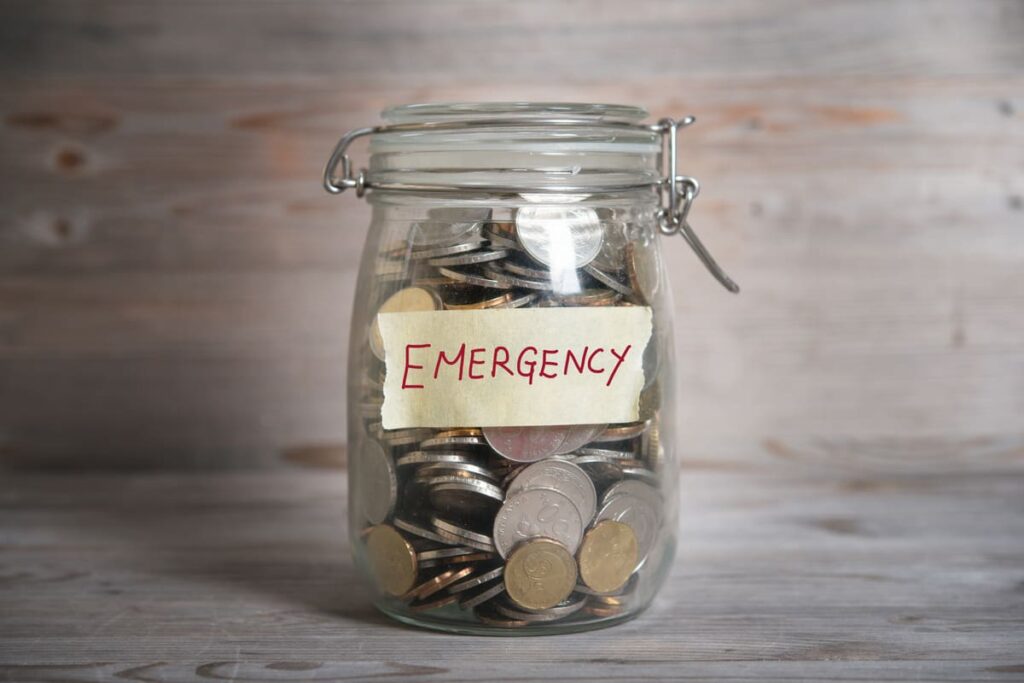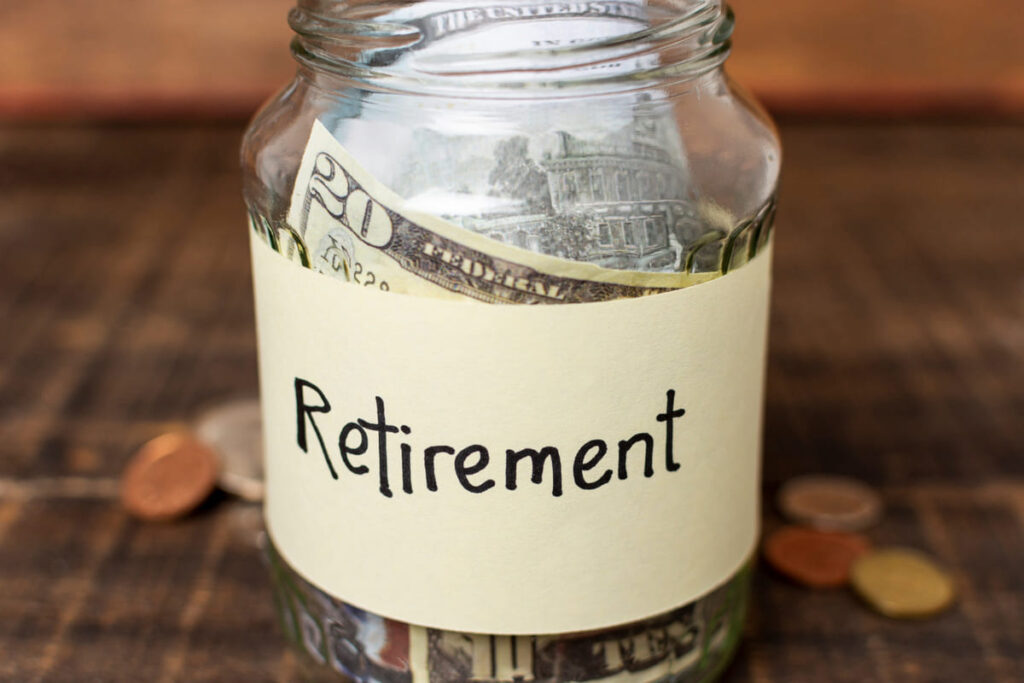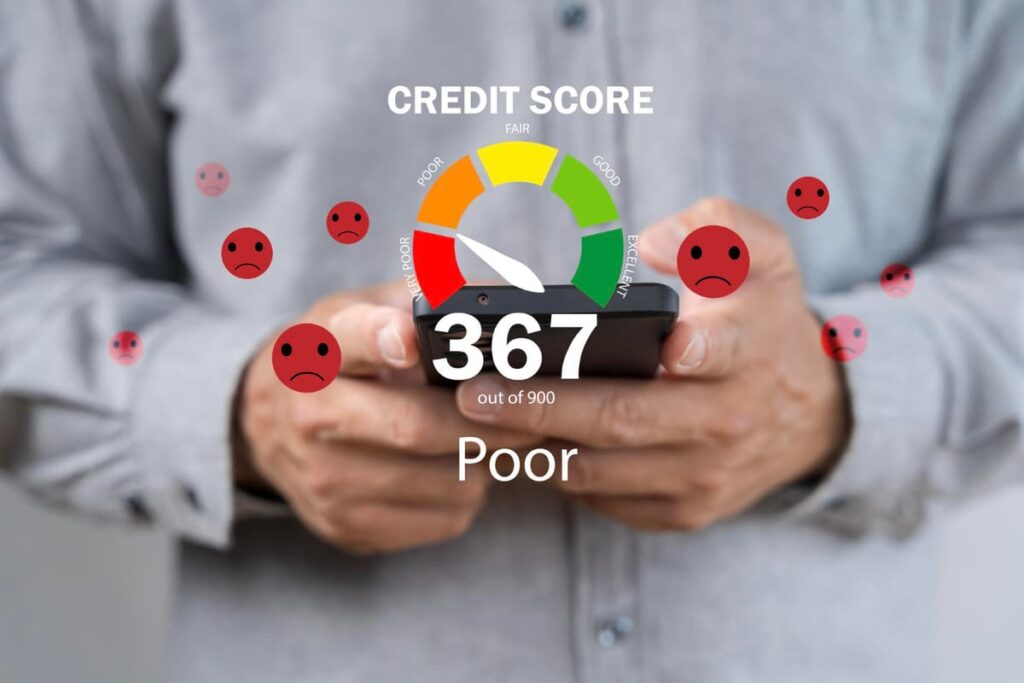10 Things That Show You Might Not Make It to Middle Class
Making it to the middle class isn’t guaranteed for everyone. Sometimes certain habits or situations can hold you back without you even realizing it.
Understanding what might be standing in your way is key if you want to change your financial path. These signs can help you figure out if you’re on a track that might keep you from reaching the middle class.
Knowing what to watch for lets you make smarter choices before it’s too late.
Living paycheck to paycheck

If you find that your money runs out the day your paycheck does, you’re living paycheck to paycheck. It means there’s little to no financial cushion for emergencies or unexpected expenses.
This kind of money stress makes it tough to save or invest for the future. You might miss out on chances to build wealth or improve your financial situation over time.
When every dollar is spoken for, it’s harder to plan long-term.
No emergency savings

If you don’t have any emergency savings, you’re more vulnerable when life throws you a curveball. Unexpected expenses like car repairs or medical bills can quickly pile up.
Without a financial cushion, you might end up relying on high-interest loans or credit cards. That can lead to a cycle of debt that’s tough to break.
Even a small emergency fund can make a big difference.
High credit card debt

If you’re carrying a lot of credit card debt, it can hold you back financially. The interest adds up fast, meaning more money goes to payments instead of savings or investments.
High debt can also limit your ability to borrow for important things like a home or car. Lenders see it as a risk and might turn you down or charge higher rates.
Keeping your credit card balances low helps you avoid these problems.
Skipping retirement contributions

If you’re not putting money into a retirement account, you’re missing out on building a safety net for later. It might feel like a forced expense now, but those small amounts add up over time.
Waiting to save means you have to put in much more later on to catch up. Employers often match contributions, so skipping out means leaving free money on the table.
Start small if you have to, but try to make it a habit.
Relying on payday loans

If you find yourself turning to payday loans often, it’s a sign your finances might be stretched too thin. These loans usually come with super high interest rates.
Using payday loans regularly can create a cycle of debt, making it hard to save or plan for the future. You might feel like you’re always playing catch-up instead of moving forward.
Exploring other options for emergency cash is a smarter move for your wallet.
Poor credit score

If your credit score is low, it can seriously limit your financial options. Lenders see you as a bigger risk, which means higher interest rates or even denial for loans and credit cards.
This makes it harder to buy a home or start a business, which are common ways to build wealth. You might find yourself stuck paying more for basic financial products.
Poor credit also affects things like renting an apartment or even getting certain jobs.
Frequent overdraft fees

If you’re often paying overdraft fees, it’s a sign your spending and income aren’t lining up. These fees add up quickly and can trap you in a cycle of debt.
Missing the mark on managing your bank balance means you might not have a financial cushion. It also suggests your paycheck isn’t covering all your expenses fully.
You want to avoid constantly dipping into negative balances.
No health insurance

If you don’t have health insurance, unexpected medical bills can hit hard. Even small health issues might lead to huge expenses that drain your savings.
Without coverage, you might skip doctor visits or treatments to avoid costs. This can make health problems worse over time and affect your ability to work.
Not having insurance often means relying on emergency rooms, which is expensive and doesn’t provide consistent care.
Ignoring budget planning

If you don’t keep track of your income and expenses, money can slip through the cracks. Without a budget, it’s easy to overspend and lose sight of your financial goals.
Budget planning helps you see where your money goes and spot areas to save. Skipping this step often means surprises like unpaid bills or no emergency fund.
Planning your money is a small habit that makes a big difference over time.
Job hopping without raises

If you’re switching jobs often but not seeing a pay bump, it can hurt your financial progress.
Employers may question why you move so much without growing your skills or salary.
Job hopping can be good if it leads to better pay or titles.
But bouncing around for the sake of change, without raises, risks signaling instability.
Keep track of what you’re gaining with each move.







